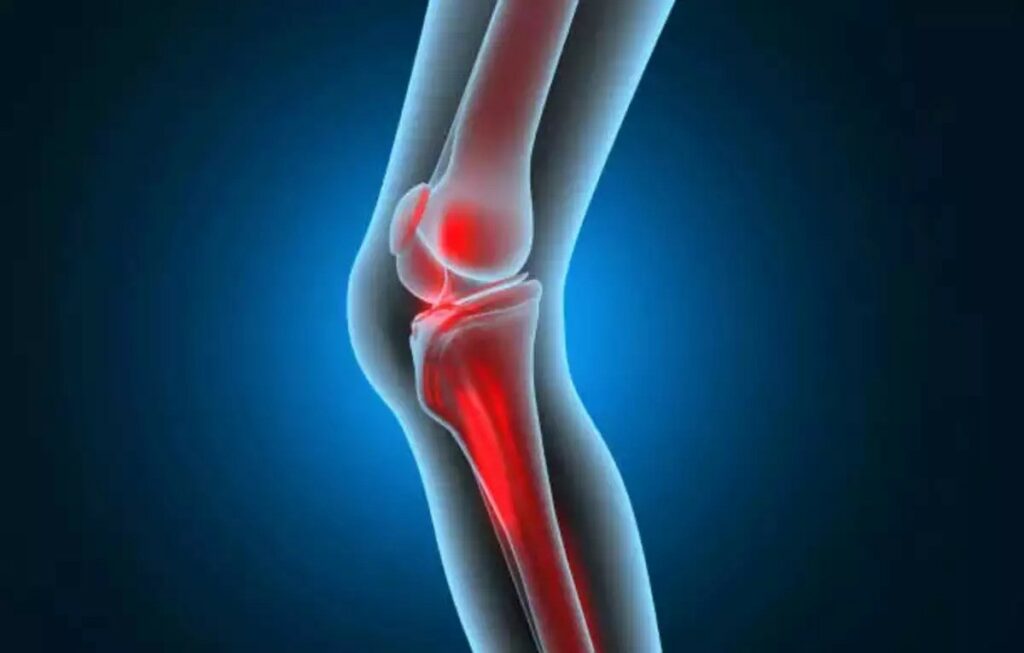Osteoarthritis, the most prevalent form of arthritis, currently affects 15% of the global population aged 30 and older. A recent study published in The Lancet Rheumatology projects that by 2050, nearly 1 billion people worldwide will be living with osteoarthritis. This alarming forecast highlights the significant rise in osteoarthritis cases over the past three decades, driven primarily by three factors: aging, population growth, and obesity.
Rising Cases of Osteoarthritis
The study, conducted by the Institute for Health Metrics and Evaluation (IHME) as part of the Global Burden of Disease Study 2021, analyzed 30 years of data (1990-2020) from over 200 countries. The findings reveal a substantial increase in osteoarthritis cases, with the number of affected individuals rising from 256 million in 1990 to 595 million in 2020—a 132% increase. This number is expected to climb to nearly 1 billion by 2050.
The Challenge of Treatment
Currently, there is no cure for osteoarthritis. Therefore, emphasis should be placed on preventive measures, early diagnosis, and the development of effective, accessible treatments. Experts stress the importance of focusing on strategies that can slow the progression of the disease and enhance patient quality of life.
Preventive Measures and Lifestyle Choices
Osteoarthritis develops when the cartilage that cushions the ends of bones wears down over time. While genetic factors play a role, maintaining an active lifestyle with regular, low-impact exercise is key to preventing the onset of osteoarthritis. Balanced nutrition, rich in Omega-3 fatty acids and vitamin D, is also crucial for maintaining healthy joints and bones. These dietary choices can help strengthen the musculoskeletal system and reduce the risk of joint deterioration.
Factors Increasing Susceptibility
Several factors increase the likelihood of developing osteoarthritis. Age, gender (with women being more susceptible), joint injuries, and obesity are significant risk factors. Occupations involving repetitive joint stress or heavy lifting, as well as activities that place additional strain on the joints, such as climbing stairs, can exacerbate the condition. Joint misalignment, inflammation, and the normal wear-and-tear from daily activities also contribute to the development of osteoarthritis.
Gender Differences in Osteoarthritis
Statistical data from 2020 show that women account for 61% of osteoarthritis cases, compared to 39% in men. This disparity is believed to be influenced by a combination of genetic, hormonal, and anatomical factors. Women’s higher prevalence of osteoarthritis is also linked to these biological differences.
Impact of Obesity on Osteoarthritis
The study highlights obesity as a major risk factor for osteoarthritis. Addressing obesity effectively could potentially reduce the burden of osteoarthritis by 20%. In 1990, obesity was linked to 16% of the disability caused by osteoarthritis, a figure that rose to 20% by 2020. Tackling obesity through public health initiatives and personal lifestyle changes could play a significant role in mitigating the global impact of osteoarthritis.
Proactive Steps to Mitigate Rising Osteoarthritis Cases
The projected increase in osteoarthritis cases underscores the need for proactive measures. Focusing on prevention, maintaining a healthy weight, engaging in regular physical activity, and adopting a balanced diet are essential steps in reducing the risk of osteoarthritis. By addressing these factors, we can enhance the quality of life for millions of people worldwide and reduce the overall burden of this debilitating condition. Conclusion: Always consult with your doctor or a healthcare professional before making significant dietary changes for osteoarthritis problems. They can provide personalized guidance based on your medical history and current health status.
Conclusion:
Always consult with your doctor or a healthcare professional before making significant dietary changes for osteoarthritis problems. They can provide personalized guidance based on your medical history and current health status.
Note- If you have any health-related concerns, please call us at +91-9058577992 to receive free consultation from our experienced doctors. Thank you.
